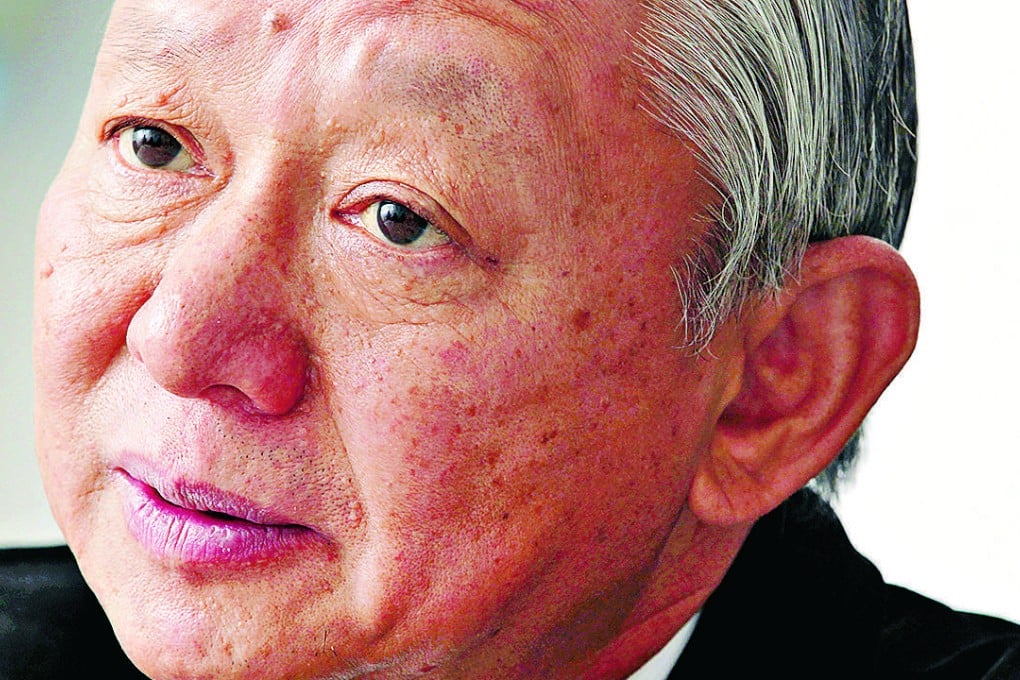Beijing should consult with Hong Kong on pulling out of UN torture convention, ex-security chief says
Ambrose Lee Siu-kwong suggests central government should talk with Hong Kong about pulling out of agreement so as to curb abuse of asylum application system

A former Hong Kong security chief has sparked controversy by suggesting Beijing consult with the SAR on pulling the city out of a UN convention under which it is obliged to offer protection for foreigners who claim they would be tortured if they returned home.
Ambrose Lee Siu-kwong, a delegate to the National People’s Congress, has floated the idea with the central government after calls from pro-establishment politicians to curb what they see as an abuse of the city’s asylum application system.
Lee, who was secretary for security between 2003 and 2012, said he expected a reply from the NPC Standing Committee within three months.
But whether the move that even Lee himself admitted could hurt the city’s image would be effective has been called into question. Regina Ip Lau Suk-yee, another ex-security chief, noted that dissociation from one legal document would not mean Hong Kong could get out of obligations to protect tortured people as there were other common law principles that allowed claimants to avoid immediate deportation.
Rights advocates lambasted Lee’s suggestion as short-sighted and as a disregard for human rights that risked hurting the city’s international reputation.
“Hong Kong’s torture claim mechanism has been abused and is causing a burden on its security and finance,” Lee told journalists in Beijing.
“The central government should consult with Hong Kong on whether to quit the Convention Against Torture [and Other Cruel, Inhuman or Degrading Treatment or Punishment].”